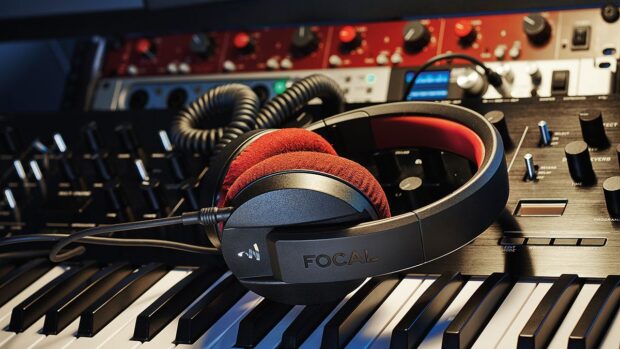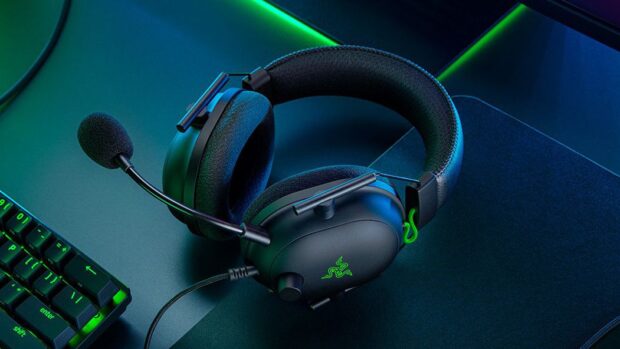Most of us use headphones on a regular basis for one reason or another. Some of us rely on them every day for our jobs, favorite hobbies, or just for fun. Headphone technology has advanced significantly in the last few years, and now they can offer extremely high quality audio. Additionally, there are different types s with nuances in audio quality and features that are designed for specific purposes.
If you’re shopping for headphones, you’ve probably noticed that there are thousands of options out there. Don’t assume that the most expensive one is going to be the best for you; you’ll probably end up paying more for features that you don’t need and you could miss out on features that would’ve been useful to you. Selby Acoustics, an electronics retailer in Australia, says that your particular or most common use will determine the type of headphone that best suits your needs. While there are many ways to categorize them, let’s look at three main types designed for different purposes: consumer, studio, and gaming headphones.
What are consumer headphones?

Consumer ones constitute the largest category and include all headphones designed for the casual listener. Now, this isn’t to say that consumer ones don’t offer high quality audio. Even if you’d consider yourself an “advanced” listener, consumer headphones are for you if you want to listen to music, movies, TV shows, etc. just for fun. They’re designed not only for great sound, but also for aesthetics and comfort. Most casual consumers are looking for those that sound good, look good, and are comfortable to wear for long periods of time or on the go.
There are many styles of consumer headphones, including over-ear, on-ear, and earbuds. Over-ear ones are the largest and encompass the ear completely. While they tend to be bulky, they usually offer the most comfort for long-term listening.
On-ear headphones are smaller and rest directly on the ear, making them generally more lightweight and stylish than over-ear models.
Earbuds, of course, have the ability to fit snugly in the ear for a headphone experience where you might even forget they are there, at all.
Many earbuds offer high quality audio and even noise-canceling features, but generally can’t achieve the same immersive experience that larger ones can, largely due to the size limitations of the speakers inside.
Regardless of style, consumer headphones typically boast a number of convenient features that appeal to the casual listener. These include an aesthetically pleasing design, so that you can wear them in public confidently, noise-cancellation, lightweight ergonomic designs for comfort, and bluetooth or other wireless capabilities.
You may find that some of these features are more important to you than audio quality alone, which is why consumer headphones are designed to balance all of these considerations. If audio quality is important to you, check the audio driver size and frequency range when shopping for them, and keep in mind that higher quality sound usually means a heavier, bulkier one.
What are studio headphones?

Rather than being designed for the typical consumer, studio headphones are designed for professionals. Specifically, they’re designed for audio engineering, recording, and production in a studio.
Now, you might think that studio headphones (also known as monitoring ones) must be better than consumer headphones because they’re used by professionals in a music studio – but this isn’t actually the case. Most consumer headphones (and speakers) add a certain “color” to the audio by boosting certain frequencies in order to make it sound better to the listener.
Studio ones don’t do this, and are actually designed to produce the most accurate or “flat” version of the audio signal. This is because producers and musicians need to be able to hear all the details and mistakes in a song when it’s being mixed.
So, to the average listener, most studio headphones might not sound as good as other ones, even if they’re more expensive, and that’s because they’re designed for a very specific purpose.
In addition to a specific sound profile, studio headphones tend to be heavier than consumer ones, and often don’t have wireless or noise-canceling features. They aren’t as stylish, and instead have a greater focus on comfort during many hours of use.
What are gaming headphones?

Gaming headphones are typically differentiated from other types by the presence of a microphone. The main reason one might want a gaming headset over another pair of headphones is so they can talk to other players online during games.
Otherwise, most gaming headsets are fairly similar to consumer headphones. They tend to be larger with a focus on comfort during long-term use, and many have wireless capabilities.
High-end gaming headsets have more advanced surround sound depth so the listener can locate sounds in the game and have a more immersive experience.
Final Thoughts
Regardless of the specific type of headphone you end up buying, there are many factors to consider when you’re buying them. Choosing from huge monitoring headphones to even small, tiny ear buds is one of the most important aspects of choosing the right pair of headphones for your needs. It doesn’t matter whether or not you’re looking for super high tech professional grade headphones, or headphones that are more for daily use in the town, there will be the right headphone for you, somewhere.




